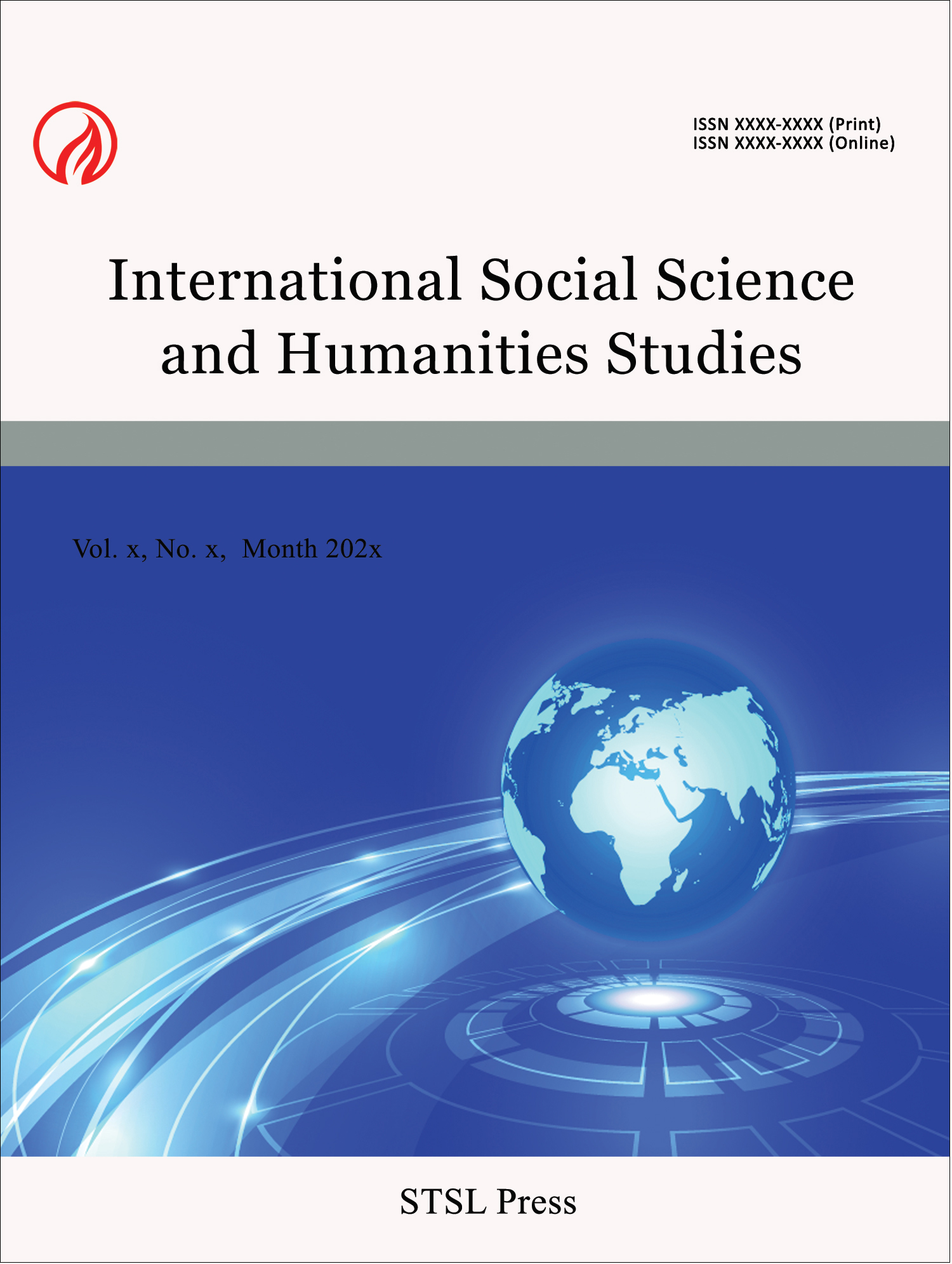Consensus or Conflict? Niche Party Behaviors and Their Electoral Success
Simon Källman
Sverker C. Jagers
Johan Martinsson
Abstract
Niche parties are now a common feature in most countries with multi-party systems. Thus far, however, the literature only provides scattered evidence and unsatisfying theoretical explanations of the mechanisms behind niche parties’ electoral outcomes. In this paper, we propose a mechanism potentially explaining the variation in niche parties’ electoral outcomes: niche party issue distinctiveness. Distinguishing themselves from their political competition, niche parties demonstrate their raison d’être to voters by prioritizing their respective niche issues. In this paper, the functioning of this mechanism is further theorized by showing how various party behaviors – consensus-seeking or conflict-mobilizing – affect the niche party electorate’s perception of the utility of the niche party vote for achieving their preferred policy. This mechanism is tested empirically by a randomized survey vignette experiment, conducted on two different cases of typical niche parties: pro-environment parties and anti-immigration parties. Our experiment indicates that niche party electorates tend to rewards niche parties pursuing a conflict-mobilizing party behavior while rather punishing niche parties pursuing a consensus-seeking party behavior. This research nuances the work done so far on niche parties by placing voting behavior and voter psychology in the center of both our theoretical reasoning and empirical testing.
Paper:
pdf
DOI:
https://doi.org/10.71002/isshs.v3n1p1
 This work is licensed under a
Creative Commons Attribution 4.0 License.
This work is licensed under a
Creative Commons Attribution 4.0 License.
Contact us
- Peter Wilson
- isshs@stslpress.org
